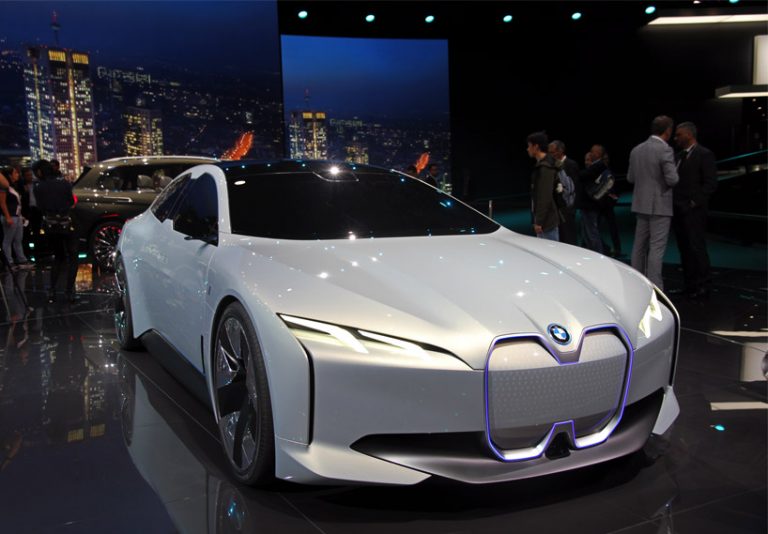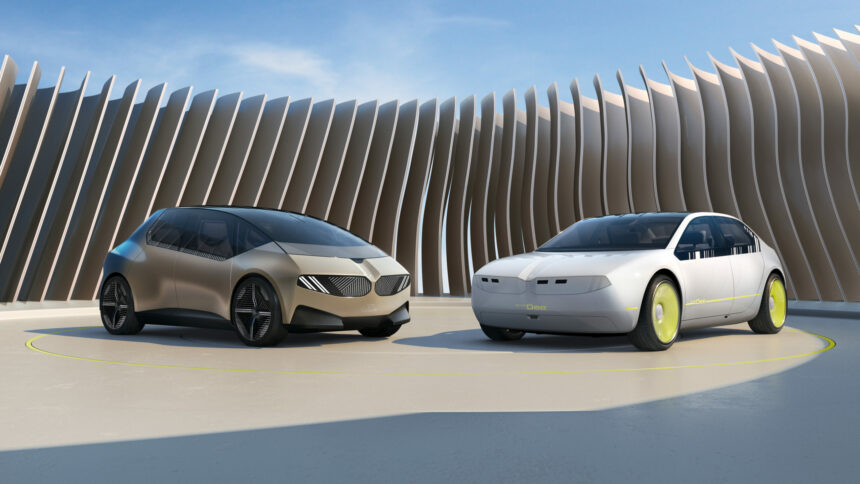You’d be forgiven for thinking that the IAA, one of the world’s biggest motor shows, is actually a technology conference, after tech giants like Amazon, Qualcomm, and Samsung all showed up for this year’s event.
Their presence underscores demand for traditional automakers to boost the technology in their vehicles, from software to hardware, as they look to catch up with Tesla in the electric car future. Ramping up technology features is also essential to meet buyer expectations in China.
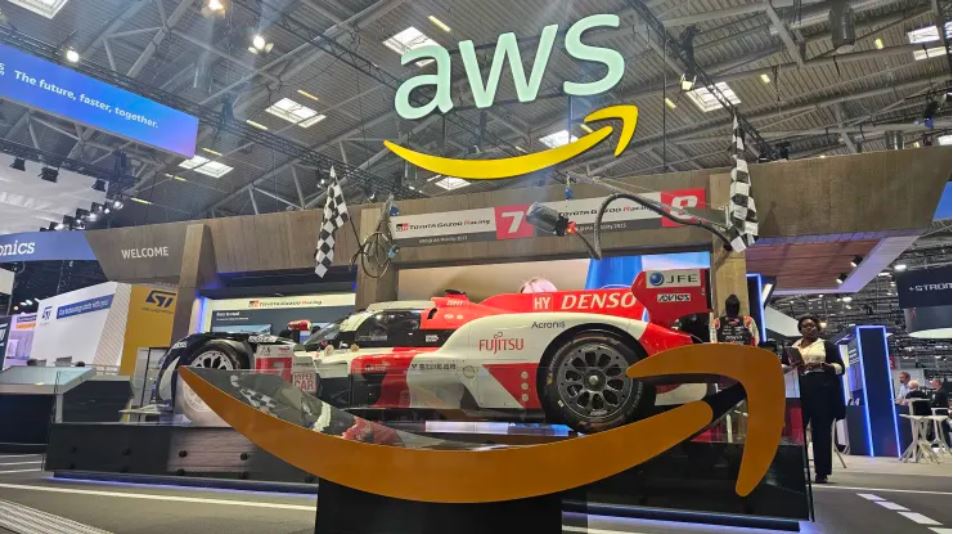
Tesla and the Chinese start-ups. This is the two-way force they [traditional automakers] are experiencing, driving them to have more user experience in the car
Mohit Sharma, automotive research analyst at CCS Insight
They can’t do it alone. Carmakers are looking at tech firms for help, while also trying to work on items like software in-house. Part of Tesla’s global success has come down to its technology in a number of areas, from batteries to Autopilot — its advanced driver assistance system (ADAS), which uses semi-autonomous driving features. The screen within Tesla cars is also akin to that of a smartphone. Those features are what rival automakers are trying to build and get ahead on.
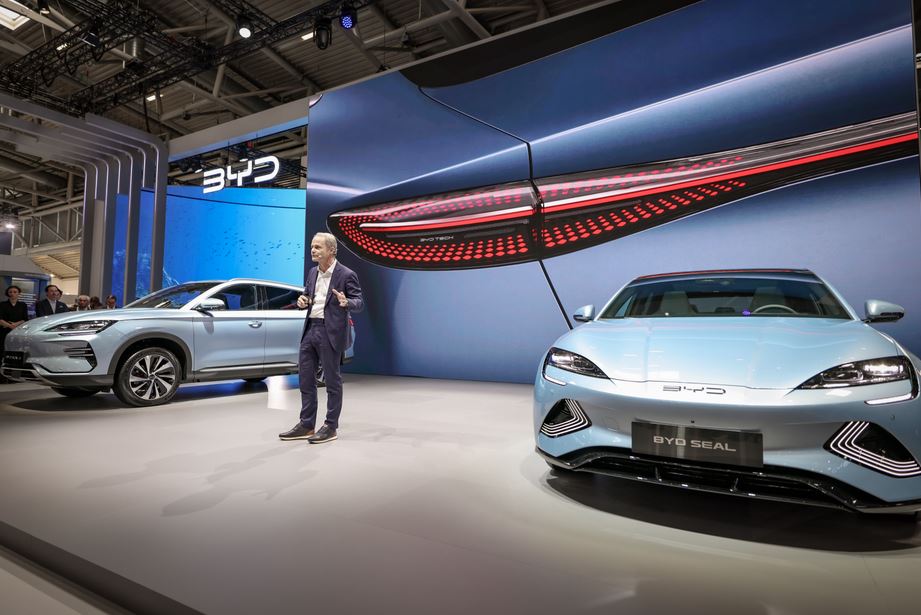
Carmakers are creating their own operating systems
Car manufacturers are shifting their focus towards developing their own operating systems to create a smartphone-like experience on in-car screens and infotainment systems, diverging from the smartphone world where Android and iOS dominate.
Mercedes-Benz unveiled details about its proprietary operating system, MB.OS, designed to power various features in its upcoming EVs, including the expansive dashboard screen and voice assistant.
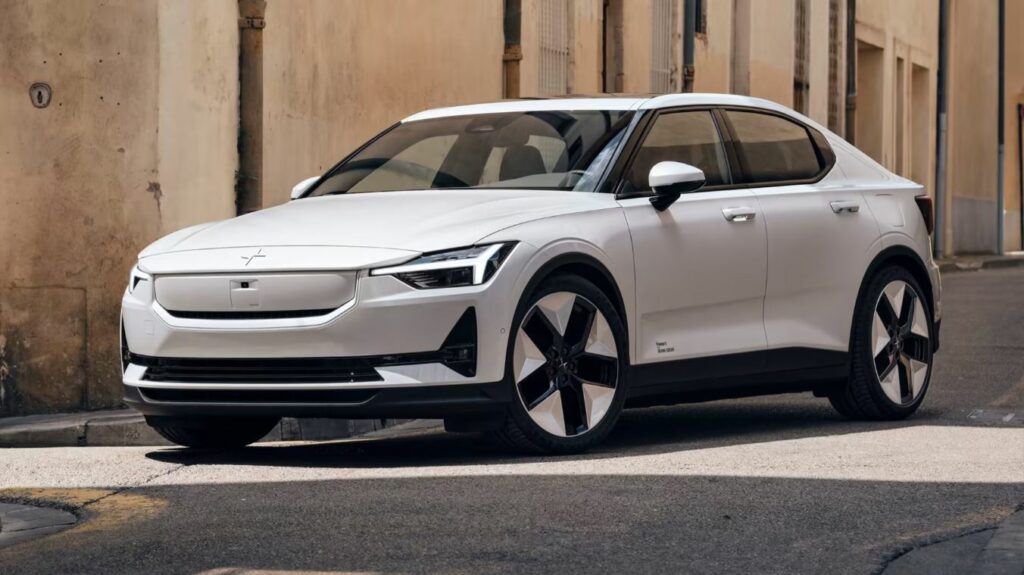
Polestar, a Swedish EV manufacturer, formed a joint venture with Xingji Meizu, a smartphone company owned by Chinese auto giant Geely. They plan to launch a smartphone alongside the Polestar 4 car deliveries in December. Meizu is developing an operating system called FlyMe for Polestar cars, aiming for a seamless user experience between smartphones and Polestar’s in-car operating system.
U.S. chipmaker Qualcomm made a notable presence at IAA, emphasizing its entry into the automotive sector. Qualcomm’s chips are geared toward supporting artificial intelligence applications within vehicles. An example showcased was an AI-powered car assistant capable of finding recipes and adding ingredients to a shopping list.
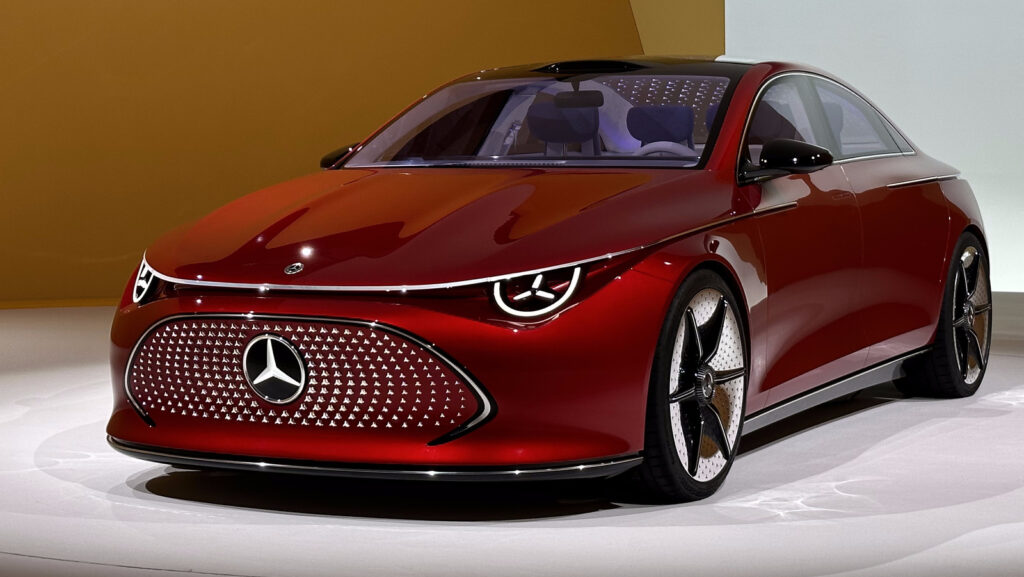
Technology plays a pivotal role in China
Automakers are striving to make a mark in China’s fiercely competitive electric vehicle market. To stand out, Chinese companies emphasize tech features, including software and ADAS capabilities, in response to customer expectations for cutting-edge tech perks.
Foreign firms like BMW and Mercedes are also increasing their tech investments to boost EV sales in China. Volkswagen’s CEO, Oliver Blume, highlighted the company’s effort to expand its team of software engineers in China, aiming for swift operations in the Chinese market.
It’s not just good enough to bring a great European design to China, you have to be very, very special about what you offer to the market when it comes to software.
Polestar CEO Thomas Ingenlath
